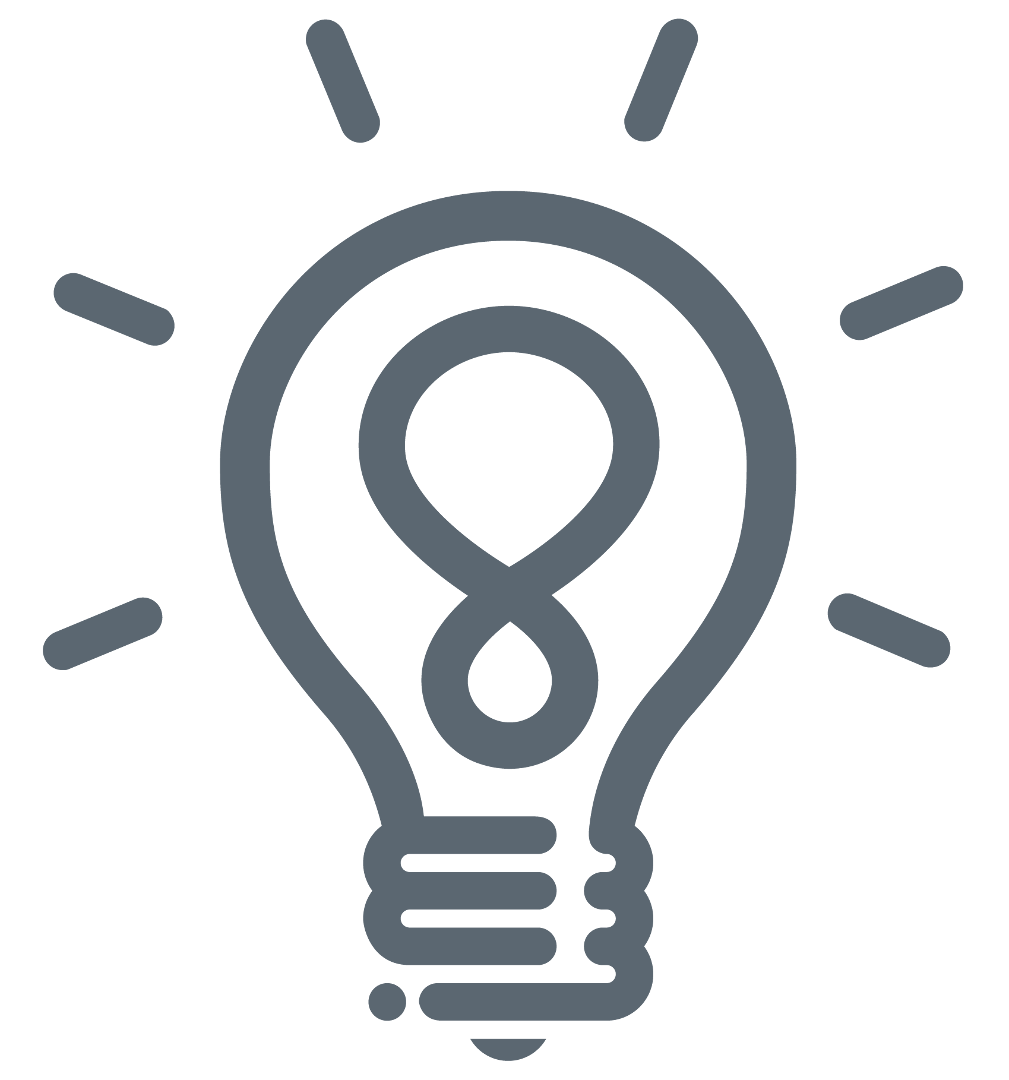A recent report from the Pew Research Center indicated that roughly 43% of millennials read “a book—in any format—on a daily basis,” and that 88% of Americans under 30 said they read a book in the past year. There may be many reasons for this trend, but it is quite possible that this is the case because young people have discovered the numerous benefits that come from extensive reading.
- Knowledge
No matter what you read, as long as you are engaged in the reading you’re doing, you are learning new things. You don’t have to read solely non-fiction to gain knowledge either; reading about fictional characters, and exploring the prose and metaphors in poetry all expand your knowledge of the world you live in and increase your understanding of myriad topics.
- Enlarged Vocabulary
Reading is one of the best methods for improving your vocabulary. Seeing new words in a variety of contexts expands your vocabulary. As you use the new words that you learn by reading, it can lead to improved self-confidence and can impact the way you communicate with friends, family, and co-workers.
- Decrease in Stress
Reading has the ability to transport you into other worlds and contexts that differ from your own personal situation. This can be immensely useful if you are trying to reduce the stress you are experiencing. Immersing yourself in a good story, or acquiring new knowledge through non-fiction reading have the ability to decrease your stress levels and help you work through the tough times.
- Improved Critical Thinking
It’s no secret that engaged reading leads to critical thinking. As you read more regularly, you begin to ask questions, make inferences and predictions, and strive to learn more about the things you are reading about. You may also find yourself analyzing the details of the material you read, which enhances your ability to assess and evaluate the words, ideas, and stories that you are learning about.










